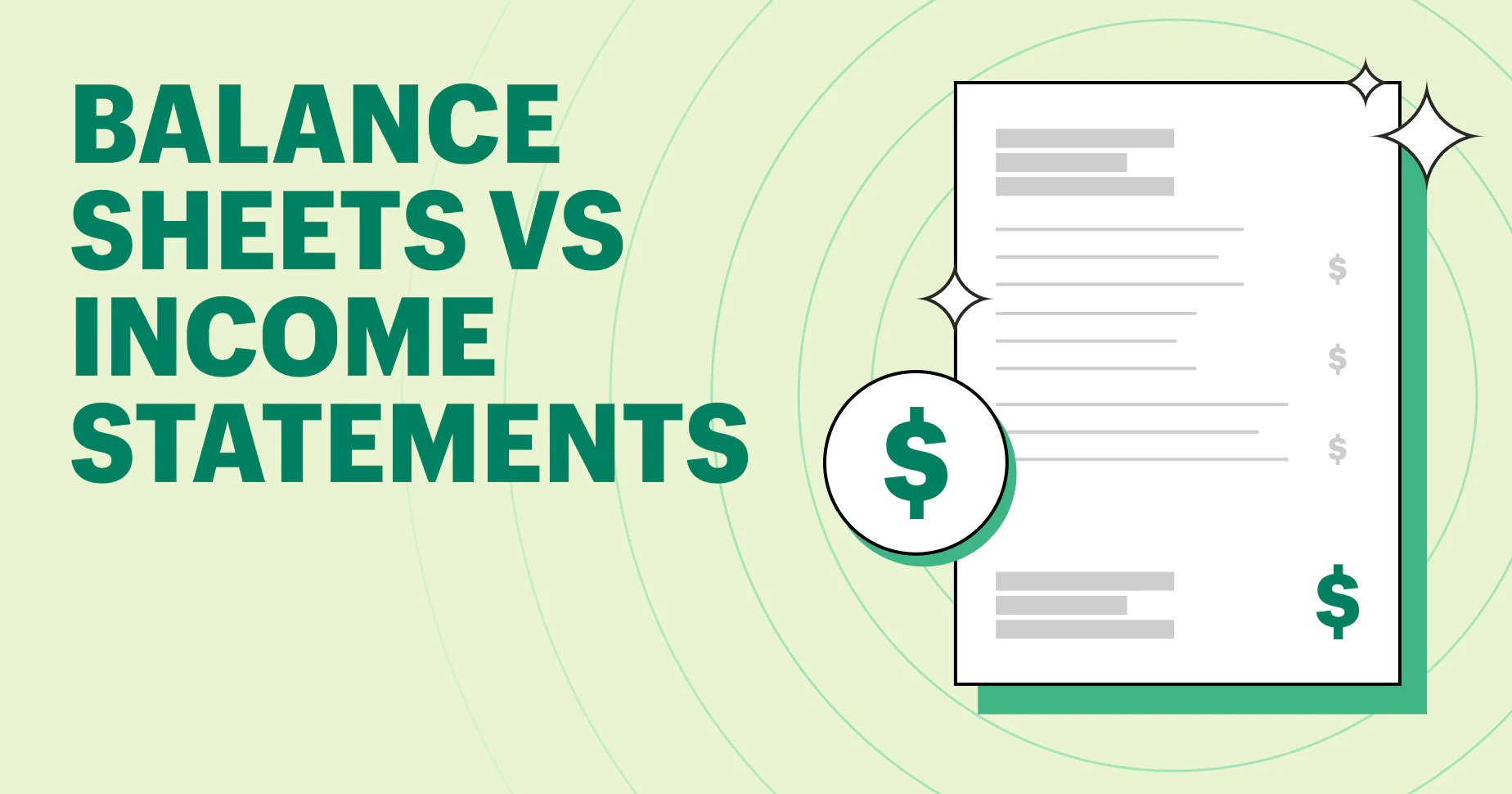Home>Finance>What Is Factor Income? Definition And Vs. Non-Factor Income


Finance
What Is Factor Income? Definition And Vs. Non-Factor Income
Published: November 22, 2023
Understand the concept of factor income and its distinction from non-factor income in the field of finance. Explore the definition and key differences.
(Many of the links in this article redirect to a specific reviewed product. Your purchase of these products through affiliate links helps to generate commission for LiveWell, at no extra cost. Learn more)
What Is Factor Income? Definition and Vs. Non-Factor Income
When it comes to understanding the complexities of finance, one concept that often comes up is factor income. But what exactly is factor income, and how does it differ from non-factor income? In this blog post, we will delve into the world of finance and explore the definition of factor income, its importance, and how it differs from non-factor income.
Key Takeaways:
- Factor income refers to the income earned as a result of providing factors of production like labor, capital, land, and entrepreneurship.
- Non-factor income, on the other hand, includes income received from sources other than factors of production, such as government transfers or lottery winnings.
Factor income is a crucial concept in the field of finance, as it helps to measure and understand the contribution of various factors of production to economic growth and development. Let’s break it down further and explore the definition of factor income and how it differs from non-factor income.
Defining Factor Income
Factor income can be defined as the income earned by individuals or entities as a result of providing factors of production. These factors include labor (wages and salaries), capital (interest and dividends), land (rent), and entrepreneurship (profits). Put simply, factor income is the return on investment in the production process.
For example, if an individual works and earns a salary, that would be considered factor income. Similarly, if a business receives rental income from leasing out a property, that would also be classified as factor income. Factor income is a reward for contributing to the production process.
Factor Income Vs. Non-Factor Income
Non-factor income, on the other hand, refers to income that is received from sources other than factors of production. This includes income from government transfers, such as social security or welfare benefits, as well as windfalls like lottery winnings or inheritance.
Here are a few key differences between factor income and non-factor income:
- Source: Factor income is earned as a result of providing factors of production, while non-factor income comes from sources unrelated to the production process.
- Stability: Factor income is generally more stable and predictable, as it is directly linked to productive activities and investments, whereas non-factor income can be more uncertain and subject to external factors.
- Impact on Economy: Factor income plays a crucial role in economic growth as it drives investment, employment, and productivity. Non-factor income, on the other hand, does not directly contribute to the production process and has less impact on the overall economy.
In summary, factor income is the income earned as a result of providing factors of production, such as labor, capital, land, and entrepreneurship. It is a key measure of economic activity and plays a vital role in driving growth. On the other hand, non-factor income comes from sources outside of the production process and has less impact on the economy. Understanding the difference between these two types of income is essential in analyzing and assessing the financial landscape.
Thank you for joining us in exploring the concept of factor income and its distinction from non-factor income. We hope this blog post has shed some light on this important aspect of finance. If you have any further questions or would like to learn more, feel free to explore our other finance-related articles.














